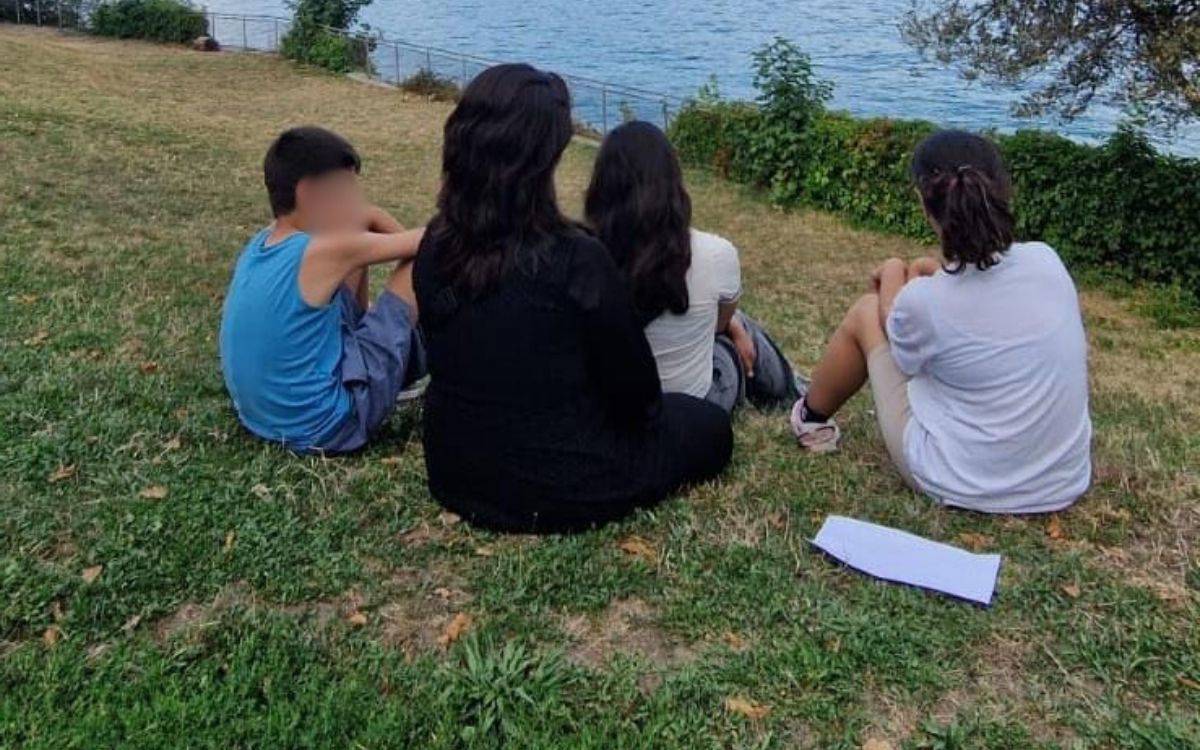Click to read the article in Turkish
Turn on the television and the first thing you see is a broadcast titled, "Coronavirus and the apocalypse." The subheading says, "Will the Chinese switch to Islam after the virus?"
Switching to another channel, you see a professor advising you to eat pickled vegetables and soup made with lamb's head and trotters to protect yourself from the disease.
Gargling with salted water and drinking hot drinks are also among the advice by "experts."
CLICK - Turkey Announces First Death from Coronavirus as Number of Cases Doubles in 24 Hours
On another TV channel, a person claimed to be an expert says the pandemic is caused by "adultery, extramarital affairs, homosexuals, anal intercourse between married couples and sexual intercourse in menstruation period." His words are riddled with homophobia and hate speech.
Those who claim to have "destroyed" the virus with a "lemon-mask" and those who say people interacting with cats and dogs are "naturally vaccinated" can also be seen on TVs.
Speaking to bianet, two communication professors and a media ombudsperson say the media coverage of the pandemic is "sensational," "unscientific" and "negligent."
Coverage is more 'sensational' than 'informative'
Coverage in Turkey's news media has been more "sensational" than "informative," Assoc. Prof. Esra Arsan says, adding that information by the World Health Organization should be published by media outlets.
"The more transparent the Ministry of Health, the more informational news can be reported by the journalist. But the situation is not like that in Turkey. The ministry is not informative. Therefore, journalists turn to other sources," she says.
"The oppressive regime imposes censorship, just as in China. They think that they will solve the issue with oppression and without making announcements," the professor says, noting that two journalists have been detained for "causing panic among people" over a news report on coronavirus.
CLICK - Nineteen Detained over Social Media Posts on Coronavirus
"For a long time, there has been no health reporting in Turkey. There used to be reporters who really warned people. Currently, medical reporters are in the position of a public relations officer between doctors and pharmaceutical companies.
"If there were health reporters who had been monitoring the issue properly for a long time, we would not be watching that false information on television today. "
'Media is panicking more than the people'
The news media is panicking more than the people and panic causes mistakes in reporting, according to media ombudsperson Faruk Bildirici.
He says there are not many investigative, critical and skeptical news articles as reporting is "negligent," with reports on Turkey being mostly about the Health Minister's statements and the developments in the world being compiled from agencies.
"Unfortunately, I cannot say that there is sufficient journalism in this regard. Although there are informative and educational broadcasts, irrelevant people can also be put on TV and speak. People are being confused with conspiracy theories. New like soap bubbles are made without proper investigation and study.
CLICK - '85% Know What Needs to be Done Against Covid-19, Only 55% Do it in Practice'
"Sometimes, people can be prompted to wrongs rather than rights. For example, news reports about supermarkets running out of cleaning supplies and pasta were so passionate that people who had not bought them until that moment ran to supermarkets.
"There is a complete confusion about vaccination and medicine. People are made happy that vaccines/medicines are coming in a short time, but then you suddenly learn that months are required for it.
"We are facing a universal health problem that has never been encountered before. We do not have experience on how to report such an incident. It is only possible to make some points based on the general principles regarding health news.
"I try to filter the reports and footage when reading and listening to them. Sometimes I check them from other sources. Only then can I access healthy information. Of course, one of the methods is not to stay on a single channel."
Conspiracy theories, hysteria and false news
"In times of crises and global disasters, false and incomplete information and extremity feed each other mutually in terms of determining the agenda," says Prof. Yasemin Giritli-İnceoğlu.
In such periods, "conspiracy theories, hysteria, hate and false news" are seen more than ever, she says, adding that when the flow of scientific information stops, "cliches, prejudices, speculations and made-up news" are seen on the television.
"Misinformation, confusing data and fake news undoubtedly pose a clear and present threat to public safety and health. Unbalanced and sensational medical reporting also triggers the culture of fear. Unfortunately, we often see the picture I explained above.
CLICK - Dozens Attempt to Escape Coronavirus Quarantine, Clash with Police
"There are not enough publications and broadcasts in terms of public awareness. How can you inform the public without journalists or experts? [People] should be told that they should not go to health agencies unless it is urgent and necessary. Health workers constitute the biggest risk group. The public should be made aware of these issues.
"In order to prevent the spread of the coronavirus, the World Health Organization's statements, videos, public announcements should be broadcasted continuously. The coronavirus should be dealt with not only as a health problem but also in other aspects. It should be analyzed in terms of economics, law, human rights problems etc."
Prof. Giritli-İnceoğlu says experts should appear on broadcasts regarding the pandemic, not "permanent guests" who comment on every issue as if they are experts. (EMK/VK)





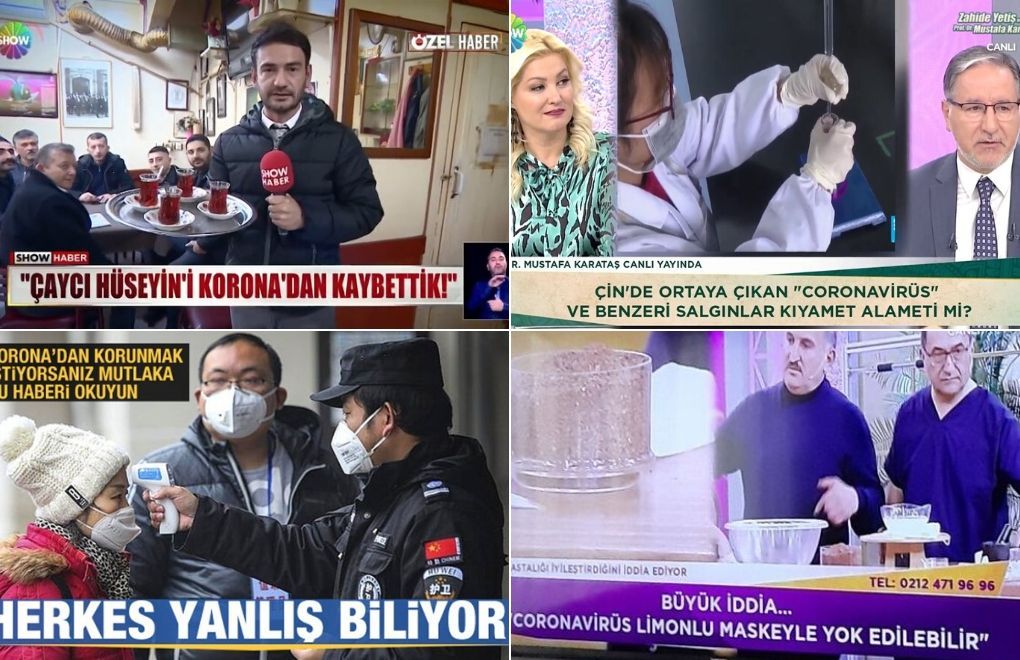
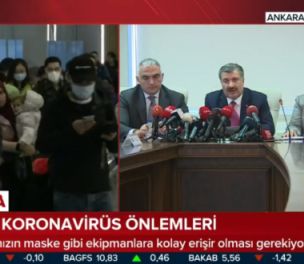
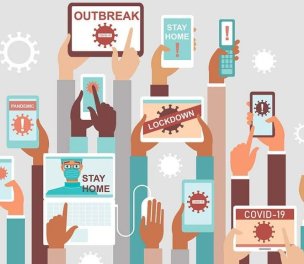
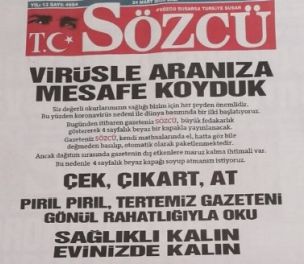
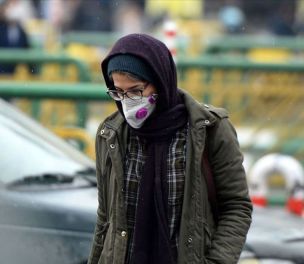
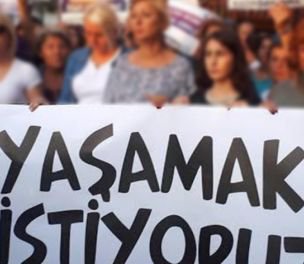
dknskc.jpg)


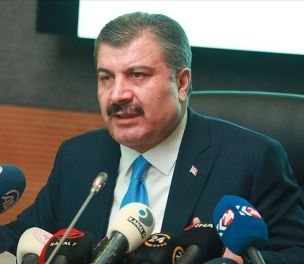
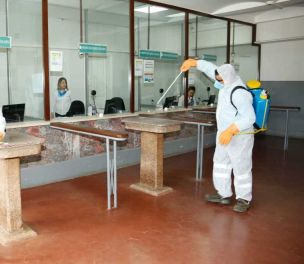
-132.jpg)
